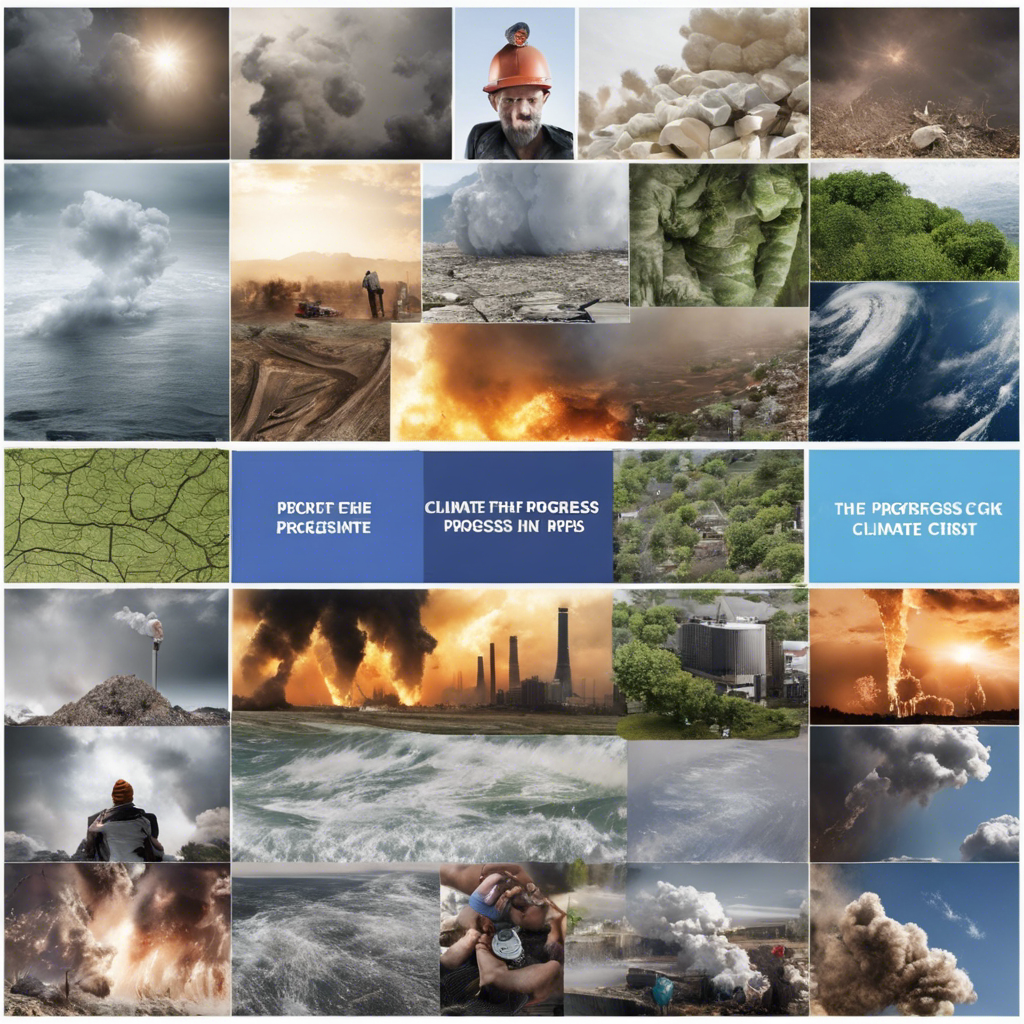A new study highlights key global trends that offer hope in the fight against climate change
As carbon emissions continue to rise and global climate action falls short, it is easy to succumb to despair. However, a recent study by the German think tank New Climate Institute presents a glimmer of hope. The study examines technological and societal progress in limiting global warming to 1.5 degrees Celsius, as agreed upon in the Paris Agreement of 2015. It identifies several key global trends that suggest that all is not lost in the battle against climate change.
Climate awareness is now mainstream:
The study notes that since the adoption of the Paris Agreement, there has been a significant increase in understanding the causes and impacts of climate change. Climate change has become a mainstream issue, with more people discussing it and media coverage on the rise. However, this increased awareness has also led to a rise in climate misinformation and fake news. On a positive note, there has been a surge in climate protests, with young people at the forefront of global calls for urgent action. Additionally, there has been a rise in climate litigation, with plaintiffs pushing for compliance with environmental protection legislation.
A net-zero economy is now on the table:
The study highlights a shift in climate policies from sector-specific emissions reductions to the goal of achieving net-zero emissions across the entire economy. This shift, which was previously politically unacceptable, has gained traction, with 90% of the global economy now having some form of net-zero target. While global emissions reductions have not yet materialized, the authors believe that the world is on a better path than before.
Businesses and investors are responding to pressure:
Sustainable investments, once considered niche, have now become a standard model in the finance world. The threat of climate litigation against companies is also increasing, prompting businesses and investors to respond to societal pressure for change. The authors note that the risk of investing in fossil fuels or infrastructure that may become obsolete is making banks more reluctant to finance new coal power plants. Many companies are now disclosing their emissions and climate risks, either voluntarily or due to new laws. However, the authors caution that oil and gas-based business models still dominate the market, and corporate lobbying often hampers climate action.
Energy systems are transforming:
Renewable energy costs have plummeted in the last decade, surpassing predictions and becoming cheaper than new fossil fuels in 90% of the world. Renewable energy sources, such as solar and wind, are now the core of global energy systems. The authors state that phasing out fossil fuels is no longer a question of “if” but “when.” Additionally, the supply of renewable power is becoming increasingly decentralized, improving energy access for many households. Investments in renewables now exceed those in fossil fuels by a factor of five.
Electrification of transport and heating:
Electrification is playing a crucial role in decarbonizing transport and heating systems. Electrically powered heat pumps are becoming the key technology for decarbonizing building heating systems, with a significant increase in sales observed in Europe. Electric car sales worldwide have also exceeded expectations, and it is projected that by 2023, 18% of all new cars sold will be electric. Major car manufacturers have committed to transitioning to electric vehicles, and several countries have set deadlines for phasing out combustion engines. However, high prices and the need for more investment in charging infrastructure remain challenges.
Conclusion:
While much more action is needed to meet the targets set in the Paris Agreement, the study highlights several reasons for hope. The world has seen an increase in climate awareness, knowledge, and technical know-how. The shift towards a net-zero economy, the response of businesses and investors to societal pressure, the transformation of energy systems, and the electrification of transport and heating all indicate progress in the fight against climate change. It is crucial to draw strength from these positive developments and continue working towards a sustainable future.

